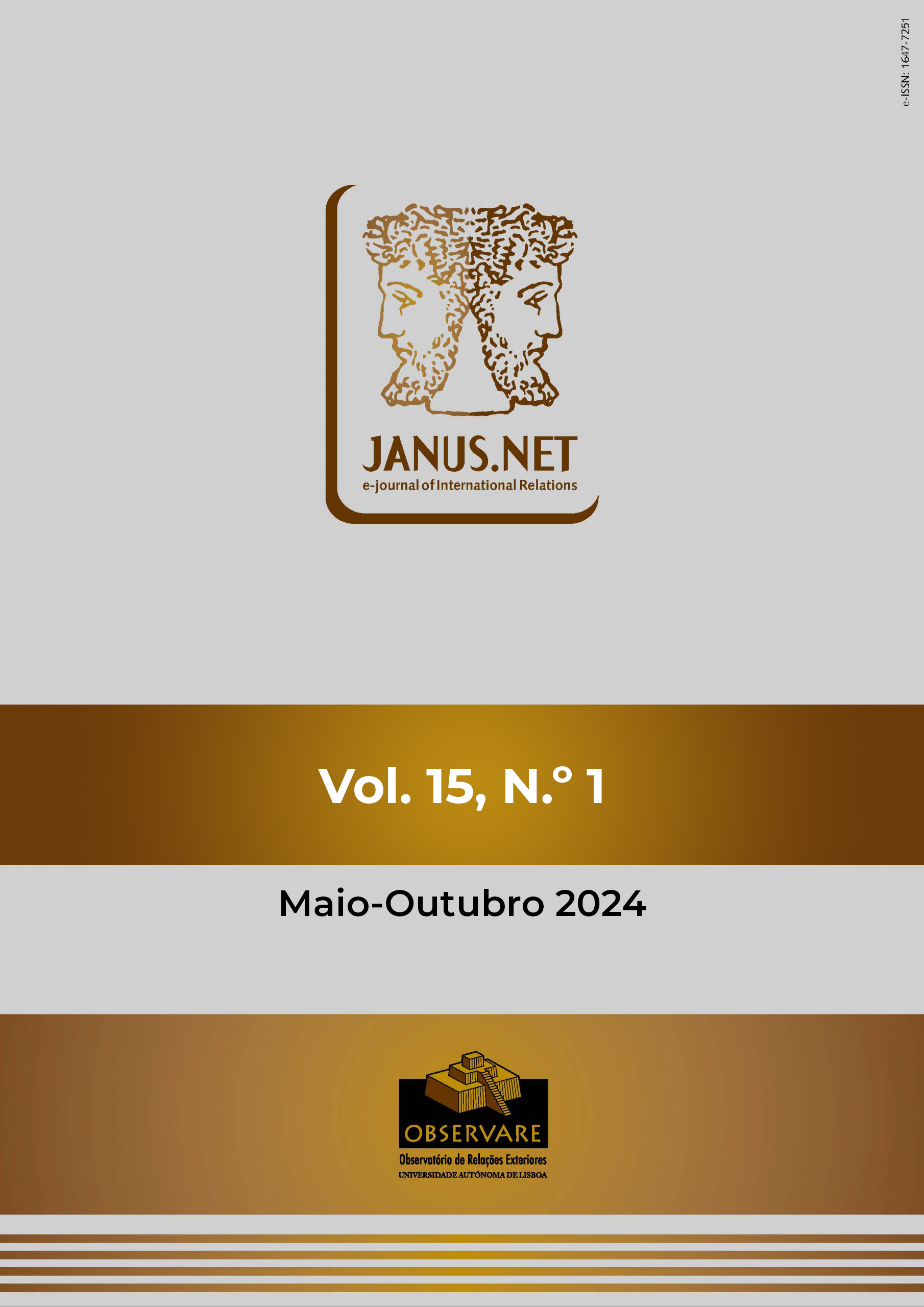TURKEY-CYPRUS: PROMETHEUS UNBOUND OR THE CATHARSIS OF AFRODITE?
DOI:
https://doi.org/10.26619/1647-7251.15.1.01Resumo
We know the origin of the unit dealing with external relations of the European Commission’s General Secretariat is Turkey’s application for membership in the Customs Union in 1959. The proclamation of the Republic of Cyprus as an independent republic impacted the development of the relationship between the EEC and Turkey (Katselli, 2006). The Ankara Agreement’s preamble “resolved to preserve and strengthen peace and liberty by the joint pursuit of the ideals underlying the Treaty establishing the European Economic Community.” Alain Peyrefitte reports that De Gaulle examined the Ankara Association agreement with Turkey from a long-term strategic perspective in the context of the wall’s fall and tended to subsume the EEC under a French confederalist design on Europe1. This is the likely origin of the provision in the 1964 agreement: the EU does not exclude the possibility of Turkey acceding the European Communities2. Thus, Franco-German interests and security strategies were at stake from the outset of Turkey’s relationship with Europe. From the EUI archives, it transpires there were concerns among the EC member states about the state of development of Turkey and the implications for the EU policies and budget of Turkish accession to the EEC. These concerns are also reflected in the Ankara agreement. This was not going to change. The interrelationship between the Franco-German structured rivalry and European integration is starting to be studied systematically and in more detail3. It is not unlikely that the timing of adopting the Elysée-treaty forging the Bonn-Paris axis followed the failure of negotiations linked to the German question4. It was subsequently resolved as part of NPT negotiations that the German quest for atomic parity would unfold within a European framework through the note submitted by Willy Brandt to the NPT conference.5 What has been lacking is a study into the relationship between EU Foreign Policy-making, the Structured Franco-German rivalry, and European law.


